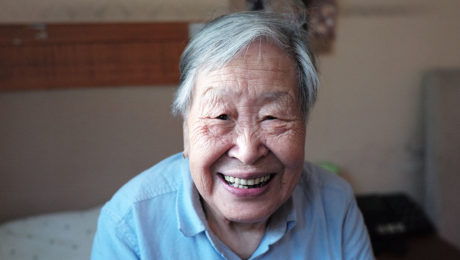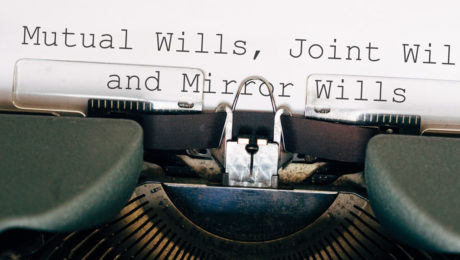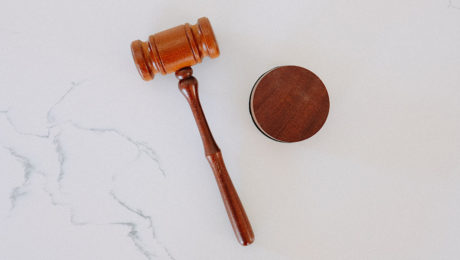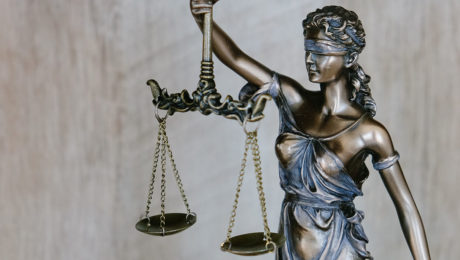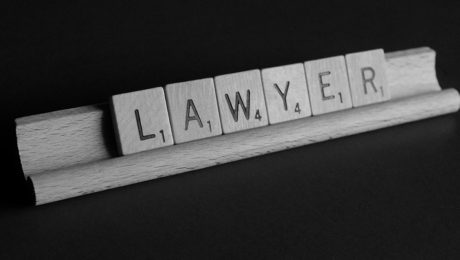McLarty Wolf adheres to all provincial health recommendations in operating its office in downtown Vancouver. Our lawyers and paralegals both work in our office and at times remotely to ensure our clients’ needs are satisfied. We continue to attend court hearings, mediations and examinations for discovery. We are also available for client meetings at our office, with appropriate safeguards, or via video conference.
Disinheritance of a Child by their Parent
Can a parent in British Columbia cut one or more of their children from their will, or leave more to one child than another? Those are not simple questions to answer. However if one of your parents recently died leaving little or nothing to you, here are some of the issues that need to be
- Published in Trust and Estate Litigation
Undue Influence Cases
When someone dies and questions begin to be asked about the deceased’s property, it is obviously important to determine whether that person left a will. In most cases, family members will accept the will maker’s wishes for the disposition of their property. However, in other cases the family might find the contents of the will
- Published in Trust and Estate Litigation
Mutual Wills, Joint Wills and Mirror Wills
Enacting a will is an important step for everyone to ensure that they have a plan ready in the event of the unexpected. It’s also a good idea to create one as soon as possible, so you are prepared for the future. When couples share a significant number of assets, it can make the process
- Published in Trust and Estate Litigation
Statute of Limitation for Contesting a Will in British Columbia
There are several reasons that a person may contest a will. They may have been left out of the will or feel that they did not get what they thought they should. Whatever the reason, contesting a will is not easy, but the process is straightforward – as long as you begin your action before
- Published in Trust and Estate Litigation
Grounds for Contesting a Will
In Canada, the courts acknowledge the autonomy of a person making a will (known as a “testator”). They are, for the most part, able to dispose and divide their assets as they choose. However, sometimes a spouse or child may feel that they did not receive their fair share of the estate and choose to
- Published in Trust and Estate Litigation
Applying for a Wills Variation in Vancouver, BC
A wills variation is an opportunity for a spouse or child of a deceased individual to seek out changes to an existing will. Applying for a wills variation can be complex since the parties involved must prove the reason for such an application. The good news is that under British Columbia’s Wills, Estates, and Succession
- Published in Trust and Estate Litigation
Inheritances Under WESA
The Wills, Estates and Succession Act has significantly changed some portions of British Columbia law affecting wills, estates and inheritances. If you expect to inherit property in the future — or if you’ll leave property to heirs in a will — it’s important to understand the possible ramifications. Lawmakers adopted WESA to modernize rules related
- Published in Trust and Estate Litigation
Intestacy: What to Do If a Parent Dies Without a Will
Most people understand the benefits of a will and the problems that can arise in the absence of this critical document. However, many Vancouver residents still do not have a will directing the final disposition of their assets. What should you do if your parent dies without a will? Here’s what you need to know
- Published in Trust and Estate Litigation
Property Disputes Involving Family Members
Property disputes between brothers and sisters or other family members can cause hostility and long-term or permanent damage to relationships. Whether property is jointly inherited or purchased, ensuing conflict and controversy can lead to indelible problems. By working with a lawyer experienced in family property disputes, you gain the best opportunity to resolve the cause
- Published in Trust and Estate Litigation
General vs Enduring Power of Attorney
Throughout life, many situations arise in which you may need to appoint someone to act for you in legal and financial matters. Purchasing property, executing contracts, and attending to your personal affairs if you become disabled all stand as reasons you might want to give a designated representative legal authority to act for you. If
- Published in Trust and Estate Litigation


